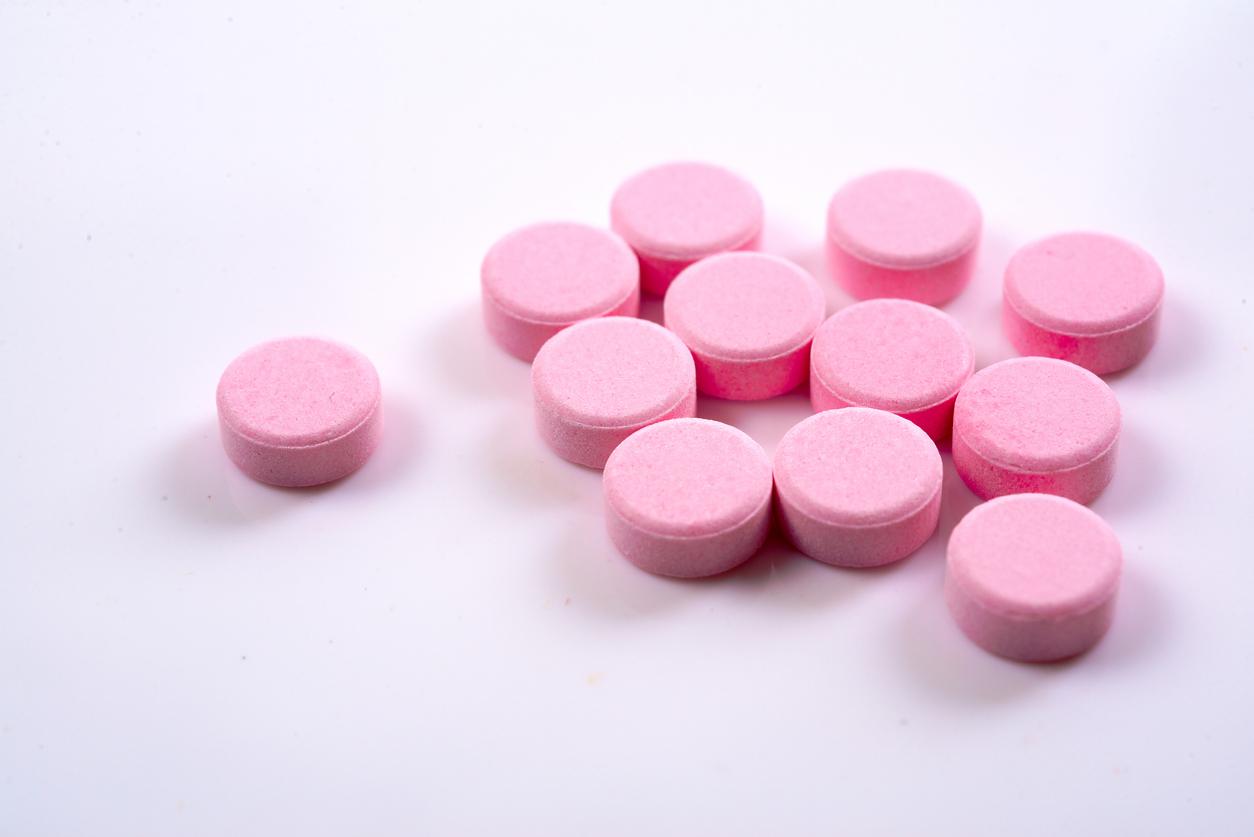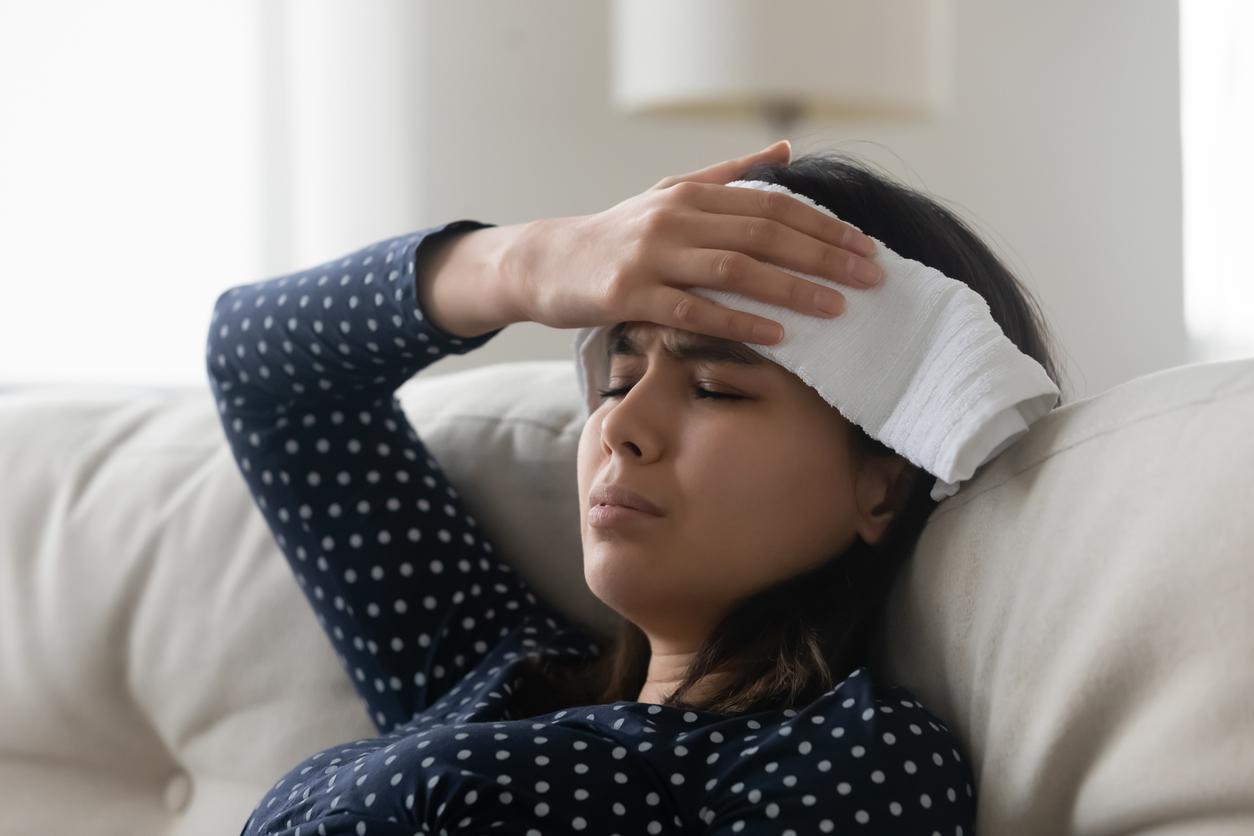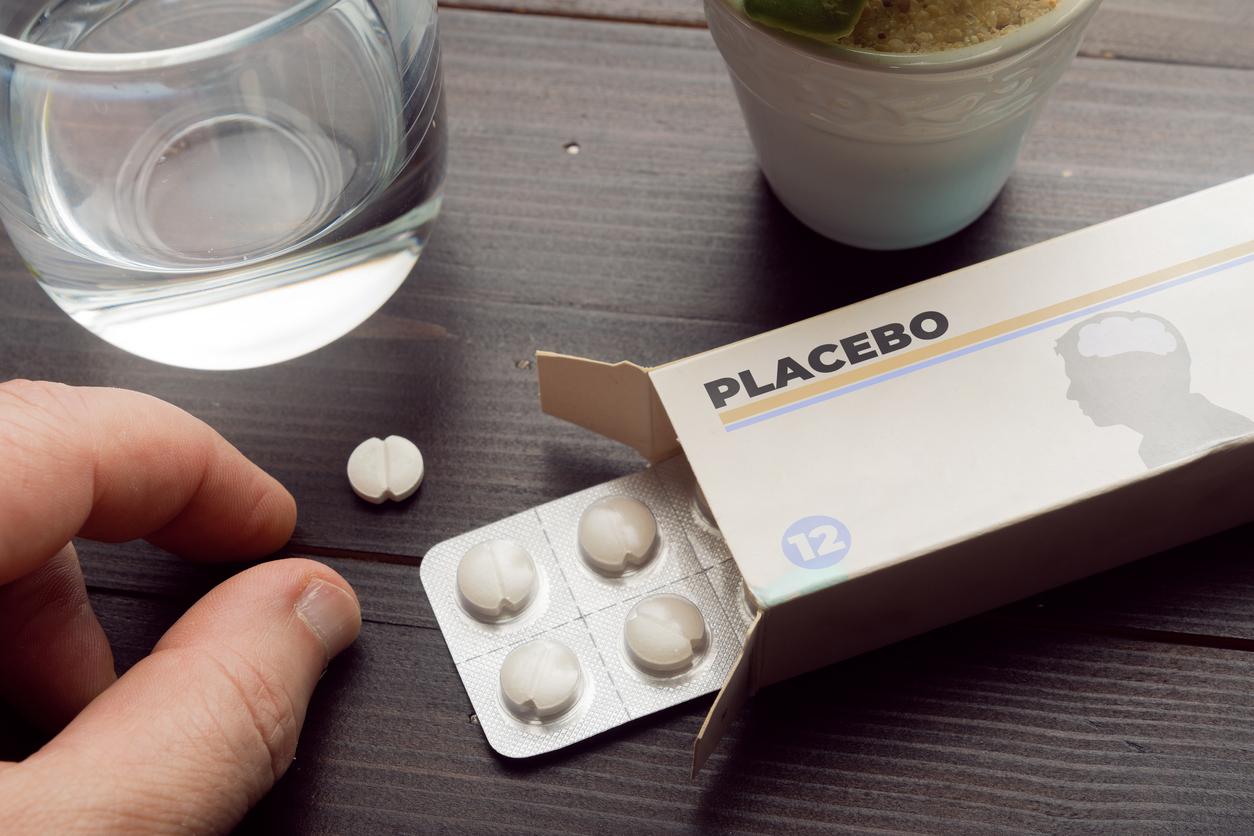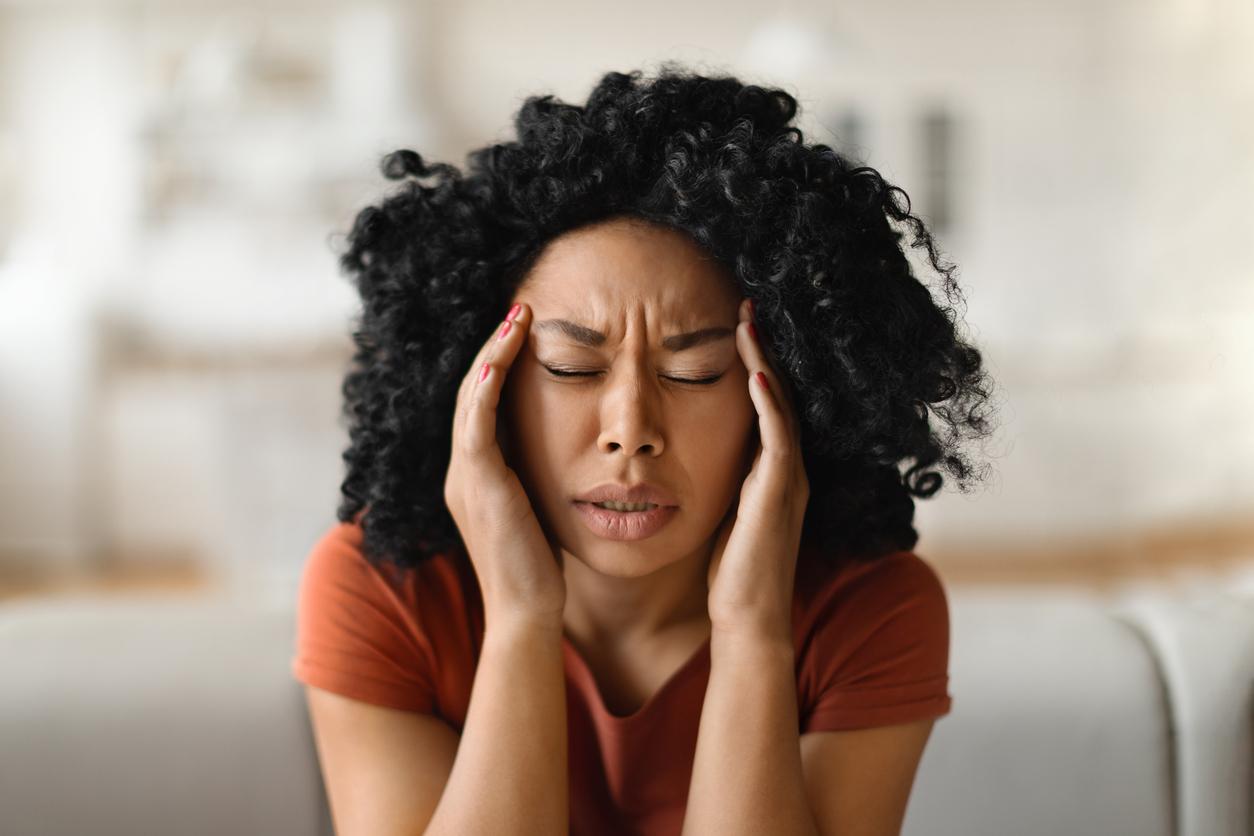The placebo effect, which in some cases makes it possible to treat a disease thanks to a psychological mechanism, no longer holds any secrets for scientists. However, in the case of migraine, this technique could present advantages as yet untapped. According to a study published in the journal Science Translational Medicine, the effectiveness of a treatment against this type of headache could be reduced or reinforced according to the message delivered by the doctor.
Researchers at Harvard Medical School in the United States conducted an experiment on 66 patients over the age of 18 who had suffered from migraines for at least three years. Each participant received seven envelopes to open during migraine attacks. In the first was a diary to allow them to describe the intensity of the symptoms. On the six other envelopes, some contained labels on which was written the words “10 mg of rizatriptan (an effective treatment)”, others the mention “placebo” and finally others the inscription “rizatriptan or a placebo” . All volunteers then had to describe the course of pain two hours after taking the tablet.
An unrecognized partner of drugs
Since the labels do not always correspond to the treatments inside the envelopes, the patients did not always ingest the tablet they thought they were taking. “When they received the ‘placebo’ labeled rizatriptan, they were treated with the drug, but with no positive expectations,” says one of the authors. “Our aim was to isolate its pharmaceutical effect. Conversely, the falsely labeled placebo ‘rizatriptan’ was an attempt to isolate the impact of the placebo effect.”
Conclusion: of the 435 migraine attacks taken into account, the researchers found that, although rizatriptan was shown to be more effective against headaches, the placebo effect represented at least 50% of the overall pain relief of the patients who participated in the study. This discovery would indicate that a treatment could double its effectiveness thanks to an improvement in the placebo effect.
“This study clarified the clinical effects of the drug and the placebo in a unique way,” adds Professor Kaptchuk, lead author of this work. “Our finding shows that the level of pain relief for patients was almost the same when they were made to believe that an active drug was a placebo or that a placebo was a true migraine reliever.”


















